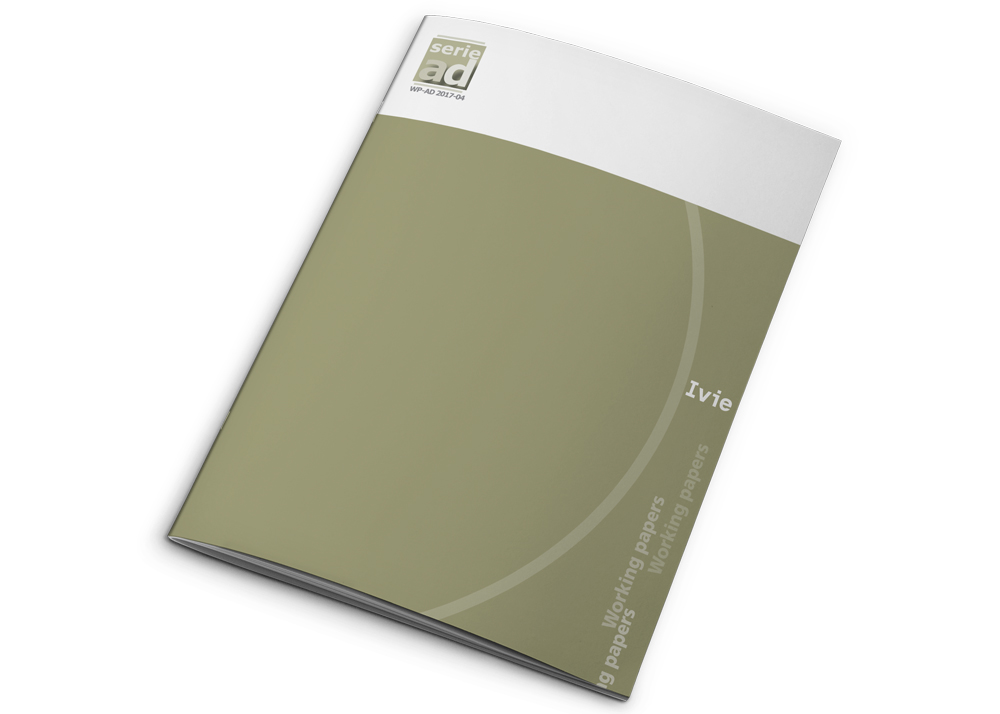Publicaciones

WP-AD 2013-08
Analysis of group performance with categorical data when agents are heterogeneous: The case of compulsory education in the OECD
Herrero, C., Méndez, I. y Villar, A.
Año de publicacion: 2013
Palabras clave: Group performance, compulsory education, heterogeneity, categorical data, inverse probability weighting.
Clasificación JEL: I24, C14.
Resumen
This paper analyses the evaluation of the relative performance of a set of groups when their outcomes are defined in terms of categorical data and the groups’ members are heterogeneous. This type of problem has been dealt with in Herrero and Villar (2012) for the case of a homogenous population. Here we expand their model controlling for heterogeneity by means of inverse probability weighting techniques. We apply this extended model to the analysis of compulsory education in the OECD countries, using the data in the PISA. We evaluate the relative performance of the different countries out of the distribution of the students’ achievements across the different levels of competence, controlling by the students’ characteristics (explanatory variables regarding schooling and family environment). We find that differences in reading ability across OECD countries would lower by 35% if their endowment of students’ characteristics would be that for the OECD average.

